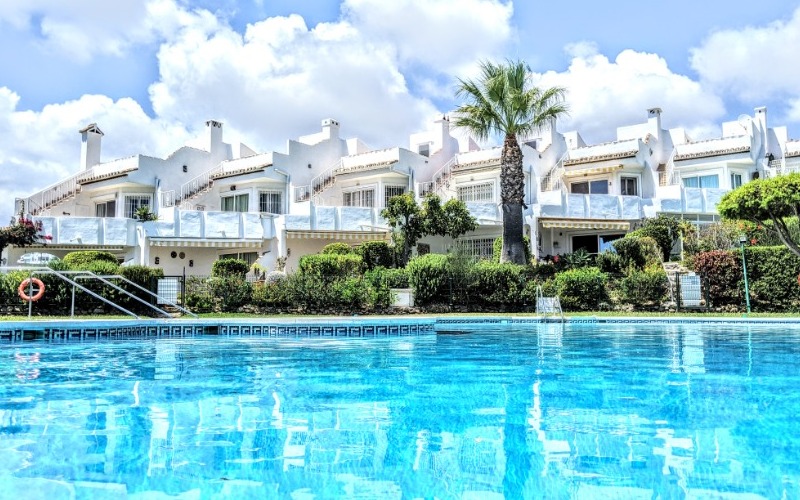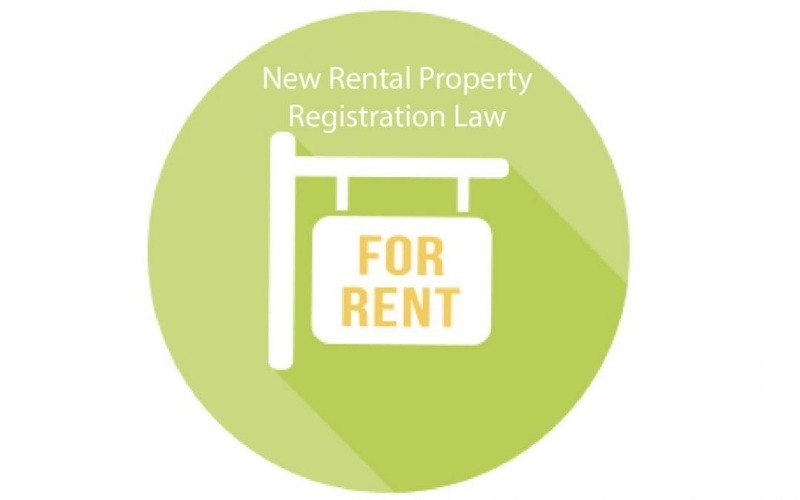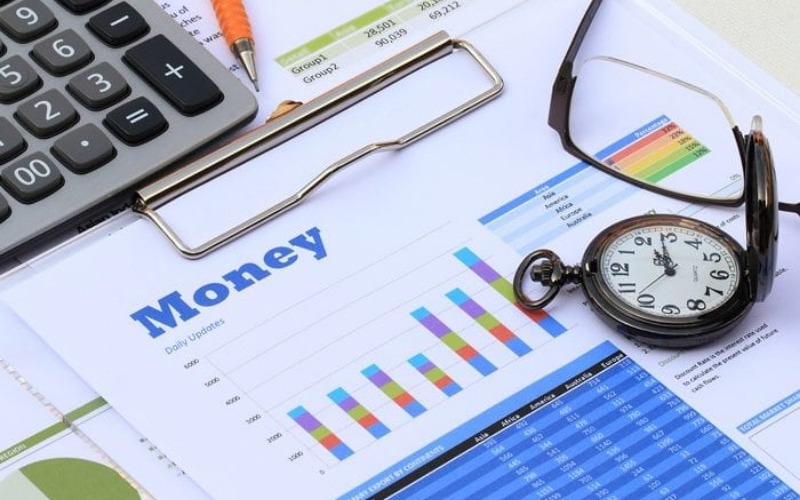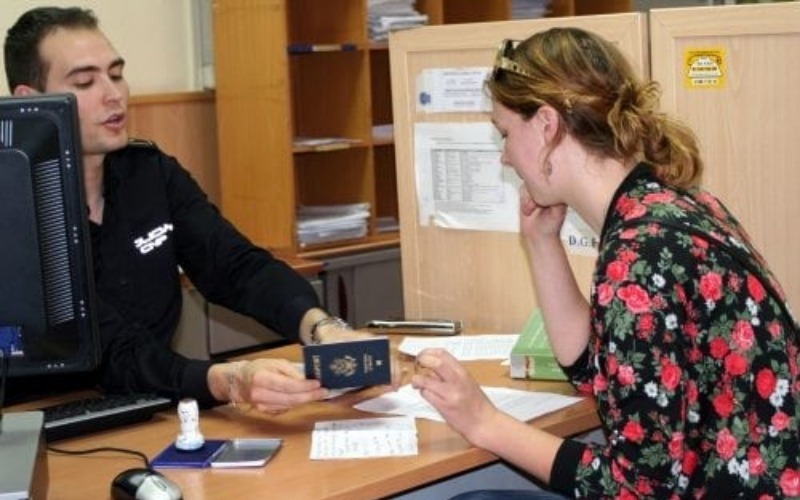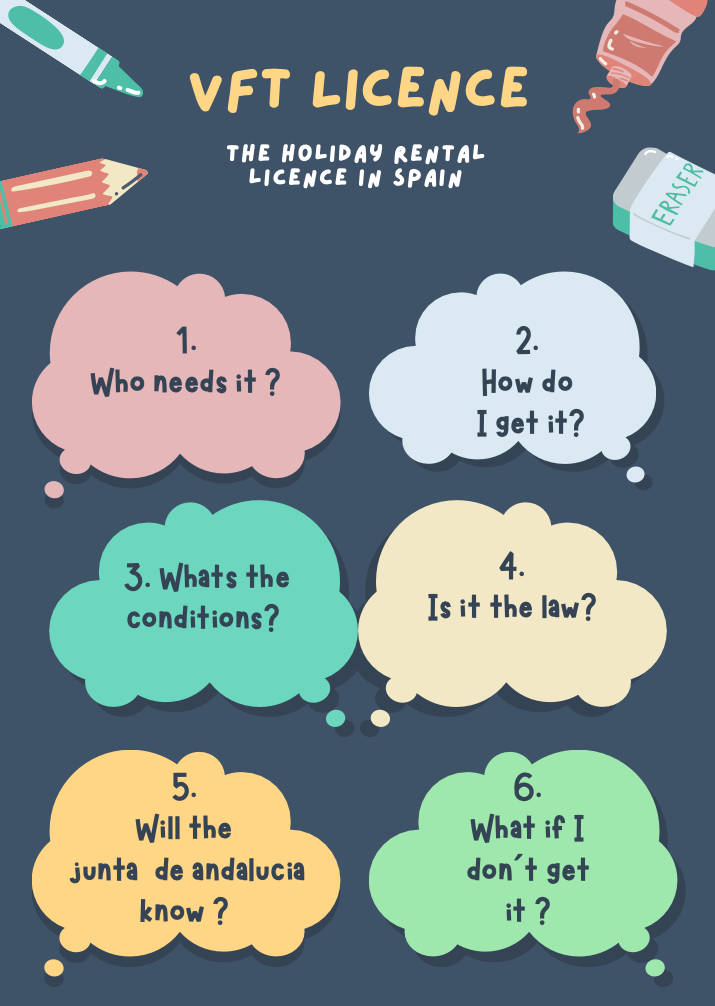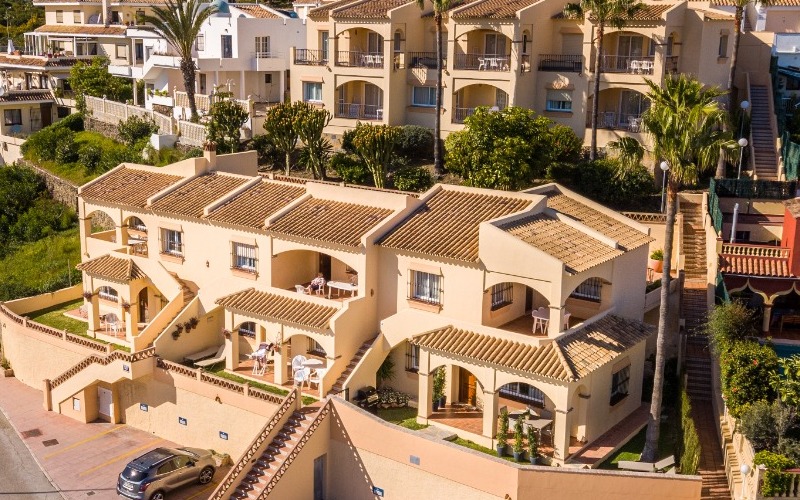The process of buying in Spain
AT LAST, You have found your perfect property. It is now essential to take it off-market
.
95% of properties on the Costa del Sol are listed with several agents, and LCP is not fully in control of viewings to the property. Placing a reservation deposit is therefore essential if there is a possibility someone else may buy it.
Reservation contract:
Placing a deposit ensures that the property is taken off the market and is followed by the Reservation contract signed by both buyer and seller.
When signed, all further viewings stop. The minimum deposit amount is €3,000 on properties with a sale price of up to €150,000 and €6,000 on properties over €150,000 and can be higher, depending on the purchase price.
The reservation period is typically 2 weeks, to allow your lawyer sufficient time to carry out the due diligence on the property, etc. The deposit is not refundable, except in cases where your lawyer advises against the purchase for legal reasons.
Private Purchase Contract
The Private Purchase Contract replaces the Reservation contract and involves paying an additional deposit of 10% of the purchase price (including the already paid deposit). The Private Purchase Contract outlines all the specifics of the purchase, including the final completion date.
Completion
Completion and payment of the balance takes place at the Public Notary. Any outstanding debts on the property, including mortgage obligations and any due taxes, must be cleared by the seller before completion takes place. Before leaving the Notary the new owner is handed over a copy of the new title deed, the Copia Simple. The original is sent for the final registration of the property at the Land Registry. This normally takes a month. At completion, the new owner will receive the keys of the property and from completion date will have to assume all rights and obligations to the property.
Let's imagine you are buying an apartment for €200,000
Reservation contract: €6,000 Start of due Diligence.
TWO WEEKS LATER Private Purchase Contract €14,000
Reservation deposit €6,000 and €14,000 = €20,000.... which is 10% of €200,000.
Agree on the final completion date
Completion. The day you get the keys!
The Escritura ( Deeds ) is signed by the buyer and seller in front of the notary. Seller provides proof that all bills owed against the property are paid.
Buying Legally
With the many unfamiliar aspects that purchasing in a foreign country has for the majority of people, we do recommend our clients to employ the services solicitor 'Abogado' here in Spain.
Purchasing property in Spain is rather a straightforward procedure. All property in Spain must be registered in the Land Registry 'Registro de Propiedad'. The basic document is called 'Nota Simple' (land registry extract) and shows the name of the owner if there are any liens, encumbrances, mortgages, or debts registered against the property. The Nota Simple will also show details and the size of the property.
The Signature of the Public Deed of ownership 'Escritura Pública' takes place in front of a Public Notary 'Notaria', and due to money laundering regulations, the process must be completely transparent. The full purchase price must be declared and all of it accounted for in front of the notary. Banks have to provide certificates of funds passing via their accounts. In simple terms, you will need to prove where the money is coming from.
The notary checks the entire process is correct and notifies the land registry the same day that the transaction has taken place.
New properties which are unfinished obviously are paid for over the construction period, and all payments on account before finishing must be guaranteed, according to the BUILDING ORDINANCE LAW (LOE), LAW 38/1999, by a bank or insurance company: if the property is not finished by a certain date, a purchaser has the right to reclaim the amounts paid, plus legal interests. Additionally, this law obliges the property developer to arrange a TEN YEAR insurance policy with respect to any basic building defects with the purchasers as beneficiaries.
Buying Costs (10 - 14% on top of the purchase price):
For a resale property the following costs on top of the purchase price are added:
Property transfer tax (ITP) increases with the purchase price: 8% (up to 400,000 €), 9% (400,000 – 700,000 €), 10% thereafter
Legal fees, normally 1% of the purchase price + 21% VAT
Notary fees 500 – 1,500 €, depending on the value of the property
Land registry fees 300 - 1,000 € depending on the value of the property.
For a new property bought directly from the developer: 10% in purchase tax VAT (IVA). In addition you have these additional costs;
1.5% Stamp duty tax (AJD)
Legal fees, normally 1.5% on the purchase price + 21% VAT
Notary fees €500 – 1,500 depending on the value of the property
Land registry fees €300 - 1,000 € depending on the value of the property.
For a plot of land you pay 21% VAT that comes on top of the purchase price. Legal-, notary-, land registry fees as above.
What is Needed to Purchase a Property in Spain?
You need funds in place to buy the property. Proof of source will also be required.
You need a foreigner’s tax registration number, called N.I.E. (LCPSpain will assist you to get this).
A Spanish bank account, where you should place sufficient funds to pay your regular running costs on the property.
One of our team will assist you with all these things.
What is a Power Of Attorney?
If you are not going to be in Spain for the time between when you pay the deposit and when you complete the purchase, a POWER OF ATTORNEY is essential. It means that your lawyer, or agent ( we recommend both ) can act on your behalf and in the event that you are unable to return to Spain for any reason for the completion date, you will not lose the property by default of not attending in person.
Your chosen POA can sign on your behalf.
With the POA your lawyer will also set up your utility accounts, community registration, etc. Quite a time-saving option.
Running Costs
Owning a property on the Costa del Sol you have following regular running costs:
Council tax (IBI), paid yearly
Rubbish collection (Basura), normally paid twice per year
Community fees, normally paid monthly or per quarter
Electricity
Water
Home insurance
Non-resident income tax
If you need a mortgage, monthly mortgage repayments
We would advise paying the above by bank direct debit in order to avoid a late payment fee.
Remember, nonpayment of the above costs and taxes can result in your bank accounts being embargoed.
We hope this has been helpful to you, but of course, if you have any questions, we are just a phone call away.
Take care and chat soon,
Brian and all the team at LCPSpain
All amounts are quoted in EURO and rates are correct as of July 2020


